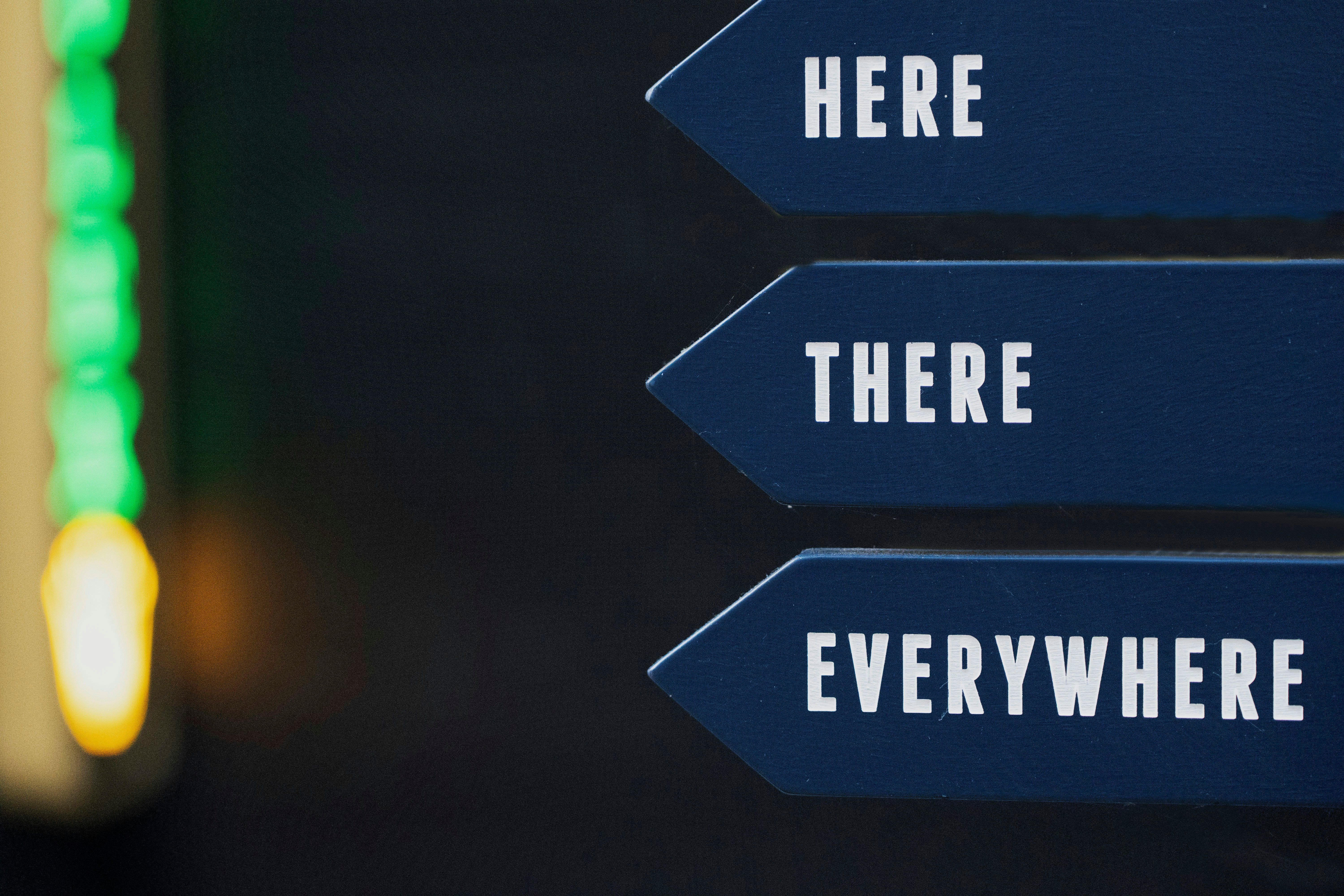What Kind of Experimenter Are You Identified As?
Navigating Uncertainty: Four Phases of Personal Experimentation
In our constantly evolving world, each individual approaches new challenges differently. A new book, "Tiny Experiments: How to Live Freely in a Goal-Obsessed World," delves into the transformative power of an experimental mindset, not only in what we achieve but also in how we perceive and experience the journey itself.
At the core of personal experimentation lie four distinct stages, each playing a crucial role in driving change and growth. Although these stages work together, each experimentalist tends to gravitate toward one phase more than the others.
- Pact: Embracing the Unknown
- In the Pact phase, individuals form a hypothesis they wish to test, questioning their goals and viewing the unknown as a playground for personal advancement. Those who excel in this phase often spot opportunities overlooked by others and generate multiple ideas simultaneously. However, they might struggle to follow through unless they develop strategies for transitioning from imagination to action.
- Act: Implementation and Execution
- The Act phase is where one puts the experiment into practice and gathers data. Comfortable in this phase are those who thrive in hands-on tasks and achieving tangible results. While these individuals are typically excellent at getting things done, they may sometimes rush through planning, miss reflection opportunities to deepen their learning, or disregard early signs of burnout in their quest for progress.
- React: Analyze, Iterate, Reflect
- The React phase involves analyzing results, refining the approach, and reflecting on the experience. Individuals who excel in this phase are adept at extracting insights from their experiences and employing metacognitive tools to navigate uncertainties more effectively. Known for their analytical prowess, those in knowledge-based professions often thrive in this phase, yet they might sometimes become trapped in analysis paralysis, delaying action due to overthinking.
- Impact: Contribution and Learning in Community
- The Impact phase pertains to using the newfound knowledge to make a positive impact beyond oneself. Ambitious individuals frequently prioritize this phase, striving to make a lasting impression. In contrast, an experimental mindset in the Impact phase encourages sharing learning journeys and valuing social flow, as we learn better collaboratively rather than seeking a purely long-term legacy.
By recognizing which phase resonates most with you, you can become a more well-rounded experimentalist, adapting and growing through life's uncertainties with flexibility and confidence. So, what will be your first tiny experiment?
In the world of education-and-self-development, an experimental mindset can significantly foster personal growth by providing a fresh perspective to navigate challenges. Metacognition, the awareness and understanding of one's own thought processes, plays a crucial role in this journey, particularly during the React phase, where individuals analyze their results, reflect on their experiences, and employ metacognitive tools to improve their learning and adapt more effectively.




